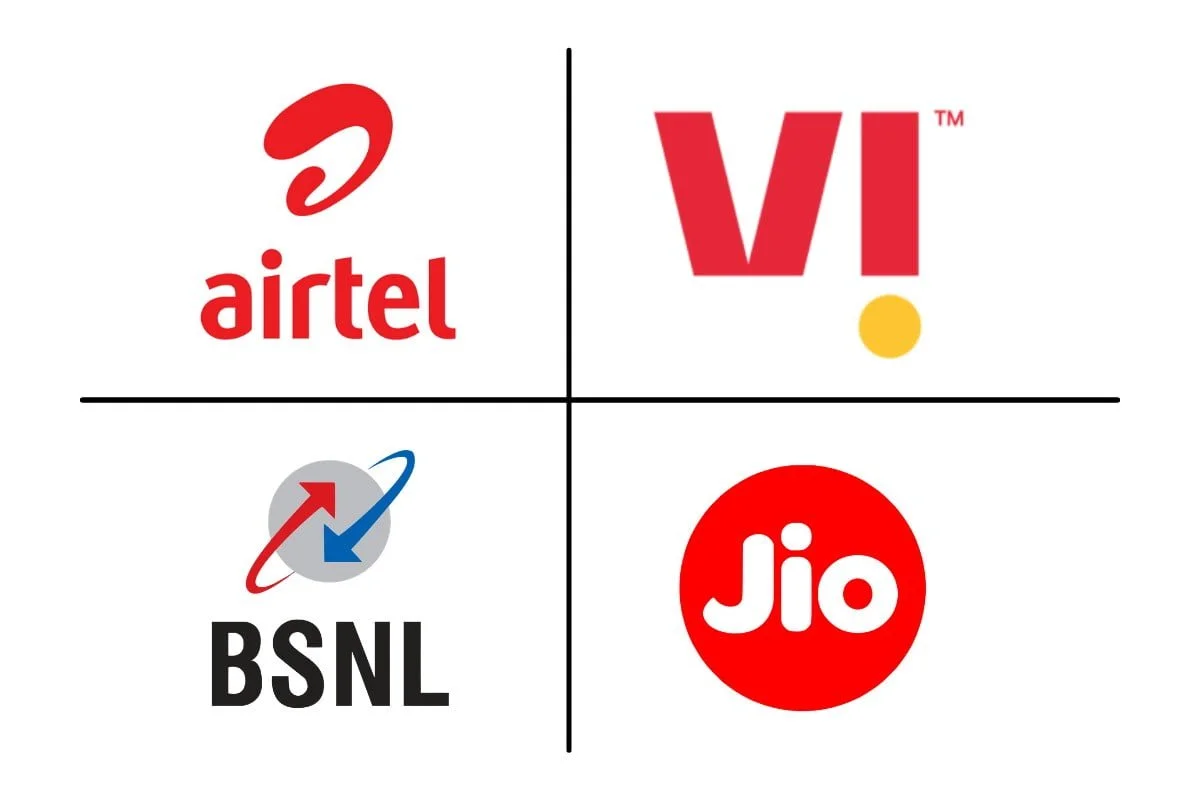
Bharti Airtel, Reliance Jio, Vodafone Idea (Vi) and Bharat Sanchar Nigam Limited (BSNL), the four telecom service providers (TSPs) in India, are not in favour of licensed service area (LSA) level audit. The telcos have submitted their responses to the draft Quality of Service Regulations, 2023, released by TRAI (Telecom Regulatory Authority of India). TRAI wants to ensure that the quality of service provided to the customers in each of the LSAs should be decent. Here's what the telcos said to the draft.
Firstly shared by ET Telecom, Reliance Jio, in its response, said that since the tariff configuration will not change for different LSAs, it makes no sense to audit all the 22 LSAs for the same tariffs. Vodafone Idea and Airtel echoed the same views. Vi said that to audit in such a manner would require additional manpower, increase the audit period, and could result in necessary delays in audit-related activities.
Read More - TRAI Calls for Level Playing Field in Licensing for Content Delivery Technologies
Airtel even compared the situation to the international markets and said that it has not come across any such scenario in terms of metering and billion (M&B). The sector regulator had suggested to the telcos that they should get their M&B systems and respective LSAs audited for access services at least once every financial year. TRAI had asked the telcos to divide the LSAs for audit in the four quarters of a year to get all of them audited in a timely fashion every year.
BSNL said that it had issues with the proposed penalty that TRAI had suggested for the TSPs in case they fail to adhere to the audit requirements. As per the draft, telcos will be penalised Rs 1 lakh per report every week the default continues. All the telcos stand together to get rid of paper-based communication to inform customers of telecom services and tariffs under the audit requirements. It not only wastes time but also harms the environment.
Most, if not all, of the customers, anyway, interact with the mobile apps and the websites of the telcos. They can get whatever information they want from there itself.















